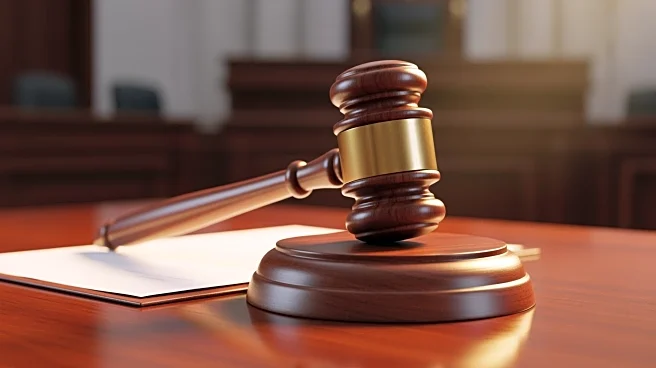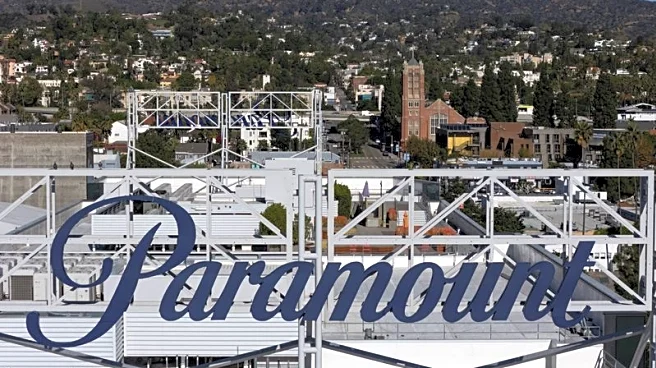What's Happening?
Rep. Adelita Grijalva was sworn into Congress after a 50-day delay due to a government shutdown. Her swearing-in marks the end of a contentious period in the House, where her seating was delayed by Speaker
Mike Johnson. Grijalva's entry into Congress is significant as she becomes the 218th supporter of a petition to force a vote on releasing the Jeffrey Epstein case files. Her swearing-in was met with applause from Democratic colleagues, and she immediately signed the petition, advancing efforts to bring the issue to the House floor.
Why It's Important?
Grijalva's swearing-in and subsequent action on the Epstein files petition highlight the political tensions within Congress, particularly regarding transparency and accountability. Her role as the decisive vote underscores the influence individual lawmakers can have on legislative processes. The situation reflects broader challenges in balancing political power and ethical responsibilities, with potential implications for public trust in government institutions.
What's Next?
With Grijalva's signature, the petition is set to bring the Epstein files bill to a vote in the House. The legislative process will continue, with potential debates and negotiations influencing the outcome. The bill's passage could lead to increased scrutiny of high-profile cases and impact future legislative efforts on transparency and justice.
Beyond the Headlines
The delay in Grijalva's swearing-in raises ethical questions about political maneuvering and the impact on constituent services. It also highlights cultural dimensions of political legacy, as Grijalva fills the seat previously held by her late father, emphasizing the role of family influence in political careers.










